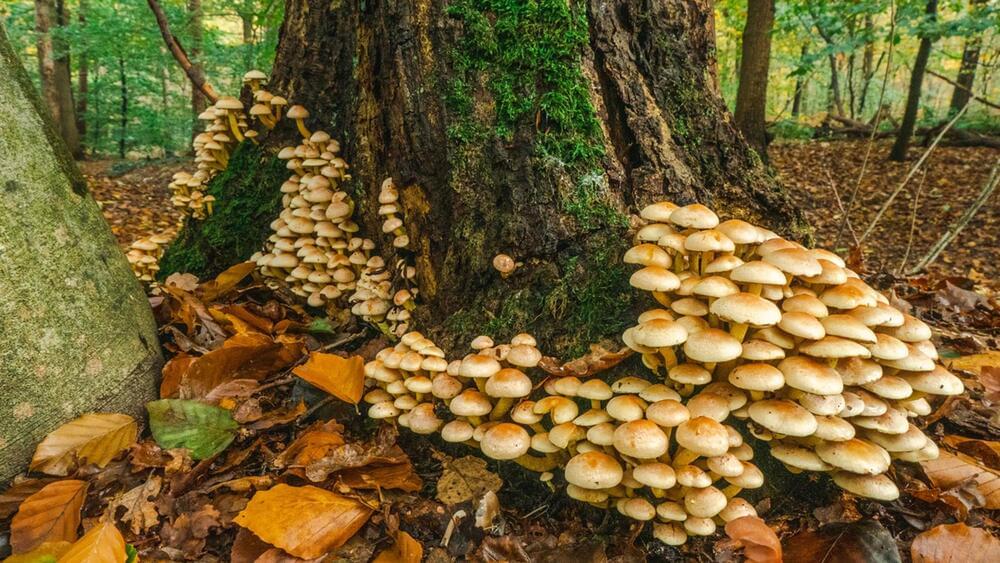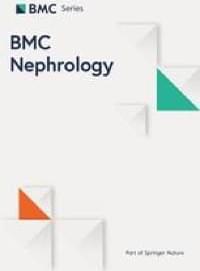Feb 13, 2023
Can trees talk to each other with fungal networks? Study raises doubts
Posted by Gemechu Taye in category: food
A new literature review of papers on “common mycorrhizal networks” seems to indicate the science behind them is not as strong as once thought.
Akin to the Ents from “The Lord of the Rings,” there is an idea in modern botany that trees can “talk” to one another through a delicate web of fungus filaments that grows underground. The idea is so alluring that it has gained traction in popular culture and has even been termed the “wood-wide network.”
Continue reading “Can trees talk to each other with fungal networks? Study raises doubts” »


















